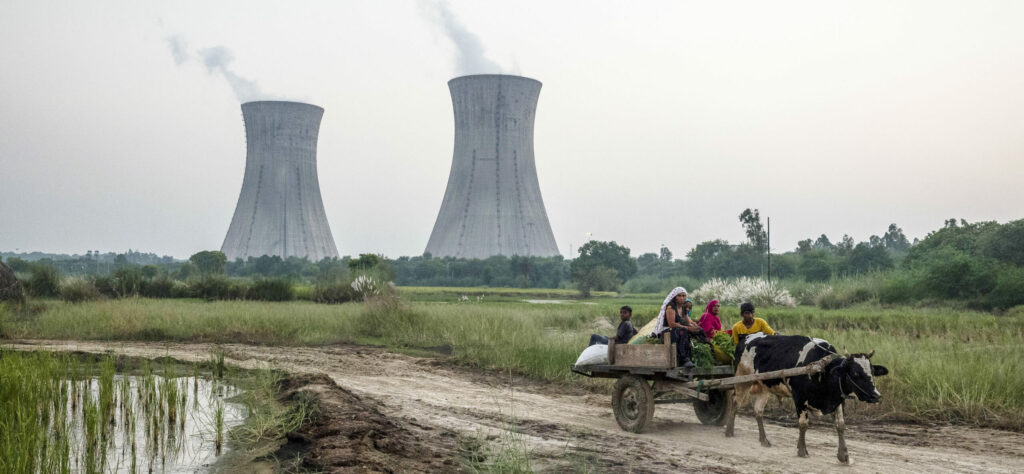A piece in Environment Journal frets that “India, China and the US are the biggest climate-crisis sceptics despite being three of the world’s biggest producers of emissions, according to a new survey conducted across 142 countries.” The word “despite” suggests incongruity, but surely it is obvious that being sceptical that there’s a crisis would make you more inclined to carry on increasing emissions. And that India isn’t a sceptic it’s a country. But the incongruities are just getting started.
It could also be argued that the governments and even people of nations that produce lots of emissions would be most likely to downplay their importance out of a sense of guilt. Though that way lies madness, since it suggests that rather than being rational and acting on the basis of what seems to them to be good, human beings act on narrowly selfish impulse then rationalize it. Besides which it doesn’t matter what people in China think because it is a Communist tyranny not a self-governing constitutional state, and in India where some 200 million people lack access to electricity it is understandable that they, and many of their compatriots, would be more concerned about premature deaths through want than about a gentle rise in temperature that might, if it is real, be partly due to human emissions of GHGs.
The piece says “Climate change is widely understood as offering an existential threat to life on earth, however, a new survey conducted by global charity Lloyd’s Register Foundation reveals worrying levels of scepticism.” Doesn’t that mean climate change is not widely seen as an existential threat? And can it be worrying that people aren’t worrying?
The study goes on to report that “The survey which involved over 150,000 people from 142 different countries revealed that only 41% of people see climate change as ‘a very serious threat to their country,’ with 28% ‘somewhat concerned’ and 13% believing it is ‘no threat at all.’” Where the other 18% fall is not explained but if they’re somewhere in the “not concerned” or “what’s climate change” region then “widely understood” should be interpreted to mean “less than half of people agree”.
It adds that for some reason “people in Southern Europe and Latin America are the most likely to see climate change as a serious threat” and moreover that “education played a large role in shaping attitudes towards climate change, people with 16 or more years of education were more likely than those with 8 years of education to say climate change is a ‘very serious’ threat.”
One possible explanation is that in places where a lot of people have fewer than 8 years of education, many are struggling to survive things like hunger, disease and inadequate housing and wish they could afford to worry about the environment. Another is that most education systems take a rather doctrinaire view on climate and that it would be better for people to be concerned, or not, based on what they personally experienced or their own research than what their teacher told them.
The piece ends on a touchy-feely note, perhaps not surprising in a world in which “environmental psychologist” is a real job where you get paid lots of money to say things like it’s good if you can see something nice out a window that actually opens: “Professor Richard Clegg, chief executive of Lloyd’s Register Foundation said: ‘The Lloyd’s Register Foundation World Risk Poll represents the views of 98% of the world’s population on safety and risk, including many people whose voices have never been heard before. Knowing what people think will help us to identify gaps between peoples’ thoughts about risk and their experiences of threats to their safety. We can use this data to work with communities and empower people to take action most likely to reduce harm – that saves lives and helps them feel safe.’”
Again to introduce the other side of the story, if there’s a gap between people’s thoughts about risk and their experiences of threats, possibly the experiences ought to get more weight and the abstract thoughts less.



Stories like this one in the "Environmental Journal" are enough to drive you to drink. Of course the less educated don't see climate change as an issue. They're the deplorables, of course. Also, of course, what isn't related is that the "education" that leads people to see climate change as an existential threat usually includes zero grounding in actual science, "Environmental Psychologist" perhaps being an exception...lol. Truthfully, however, using "education" as a indicator of your moral purity is about as deplorable a concept as there is.